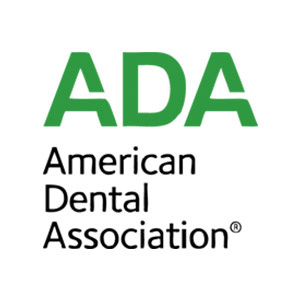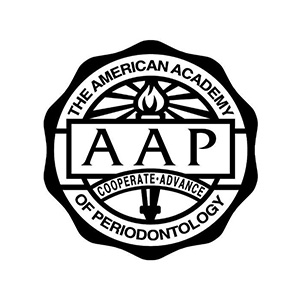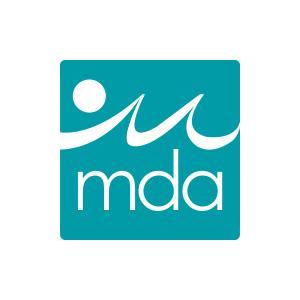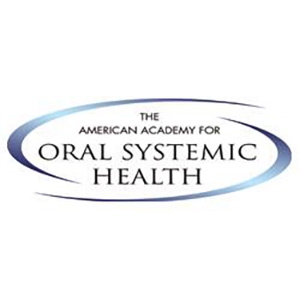
During pregnancy, the female body endures many changes. Some of these changes have the potential to cause dental issues. Many women who become pregnant are confused when they notice the correlation between their pregnancy and dental problems. In this article, we will shed light on to some of the reasons why these issues occur and discuss the potential consequences that they can have on a developing baby.
Dental Disease can Affect a Developing Baby
A recent study has found that women who experienced the onset of oral health issues like gum disease during pregnancy were more likely to give birth prematurely, which can lead to numerous health problems. Research shows that 18 out of 100 cases of early delivery are a direct result of pregnant women having periodontal disease.
Visiting the dentist on a routine basis leading up to and during pregnancy can ensure that you don’t develop pregnancy gingivitis. This cuts your chances of your baby being born prematurely.
Causes of Dental Health Problems During Pregnancy
There are numerous reasons why pregnancy and dental problems are connected. One of the main culprits is morning sickness. The acid that enters the mouth when an expecting mom becomes nauseous as a result of morning sickness can lead to tooth decay.
The increase in hormone levels during pregnancy impacts the body’s ability to handle plaque. The build-up that happens as a result of this can cause gum disease to develop or worsen in those who already have it. Receiving regular cleanings and dental treatments can help you to prevent plaque buildup from becoming problematic.
How to Minimize the Risk of Problems
When used in combination with good oral hygiene habits, foods that are high in calcium and vitamin D can work to reduce the chances of developing dental health problems in pregnant women.
Increasing your daily intake of calcium can help to protect the strength of your teeth while simultaneously meeting the nutritional needs of your developing baby. Vitamin D is necessary for the body to assimilate and make the most out of the increased amounts of calcium you’re consuming.
If you suffer from morning sickness and find that you are triggered by brushing your teeth, there are a few things that you can try. Many women find that using a smaller, child-sized toothbrush can help to reduce triggering the gag reflex.
If the taste of your toothpaste is causing nausea, try out different brands until you find one that is neutral enough to use. If you absolutely cannot stomach toothpaste while pregnant, try brushing with water and then following up with a mouthwash rich in fluoride. If you choose to go this route, it is essential to speak with your dentist and to return to toothpaste as soon as possible.
Tell Your Dentist if You are Pregnant
Pregnancy and dental problems sometimes go hand in hand. Many dental practices require additional safety measures when a woman is pregnant. Ensuring that your dentist is filled in about your pregnancy will allow them to take any extra precautions that are necessary, like avoiding dental X-rays unless they are essential.






